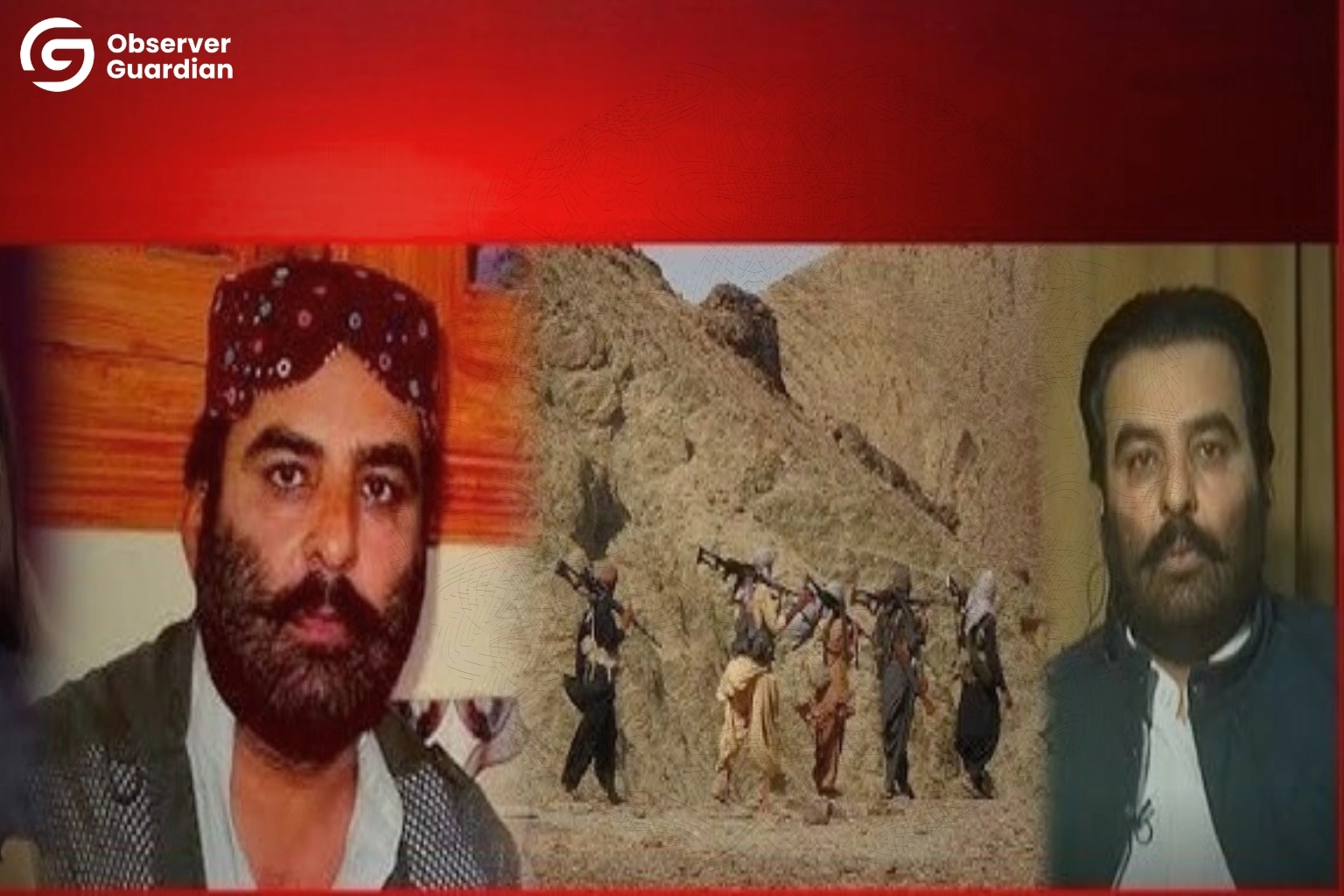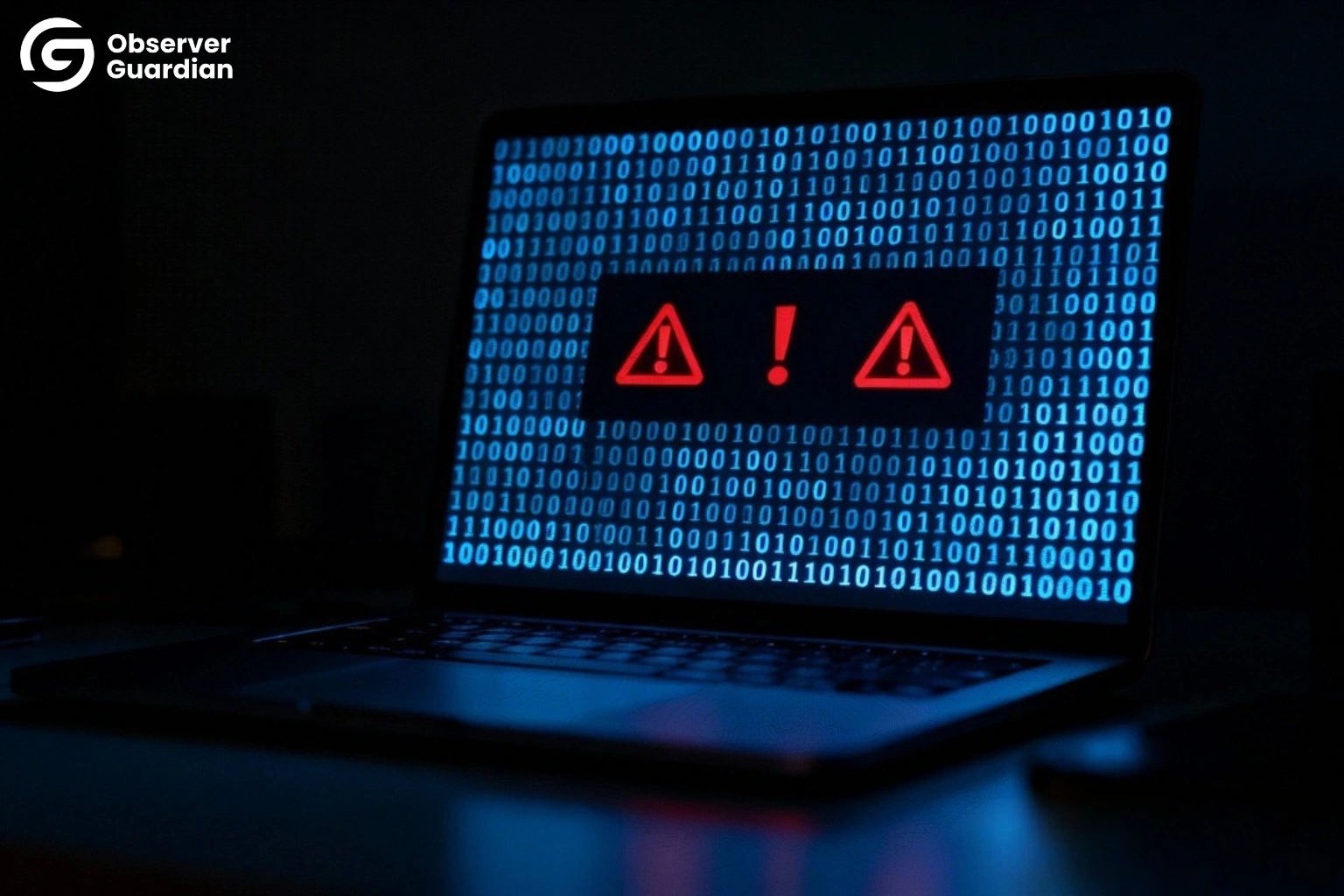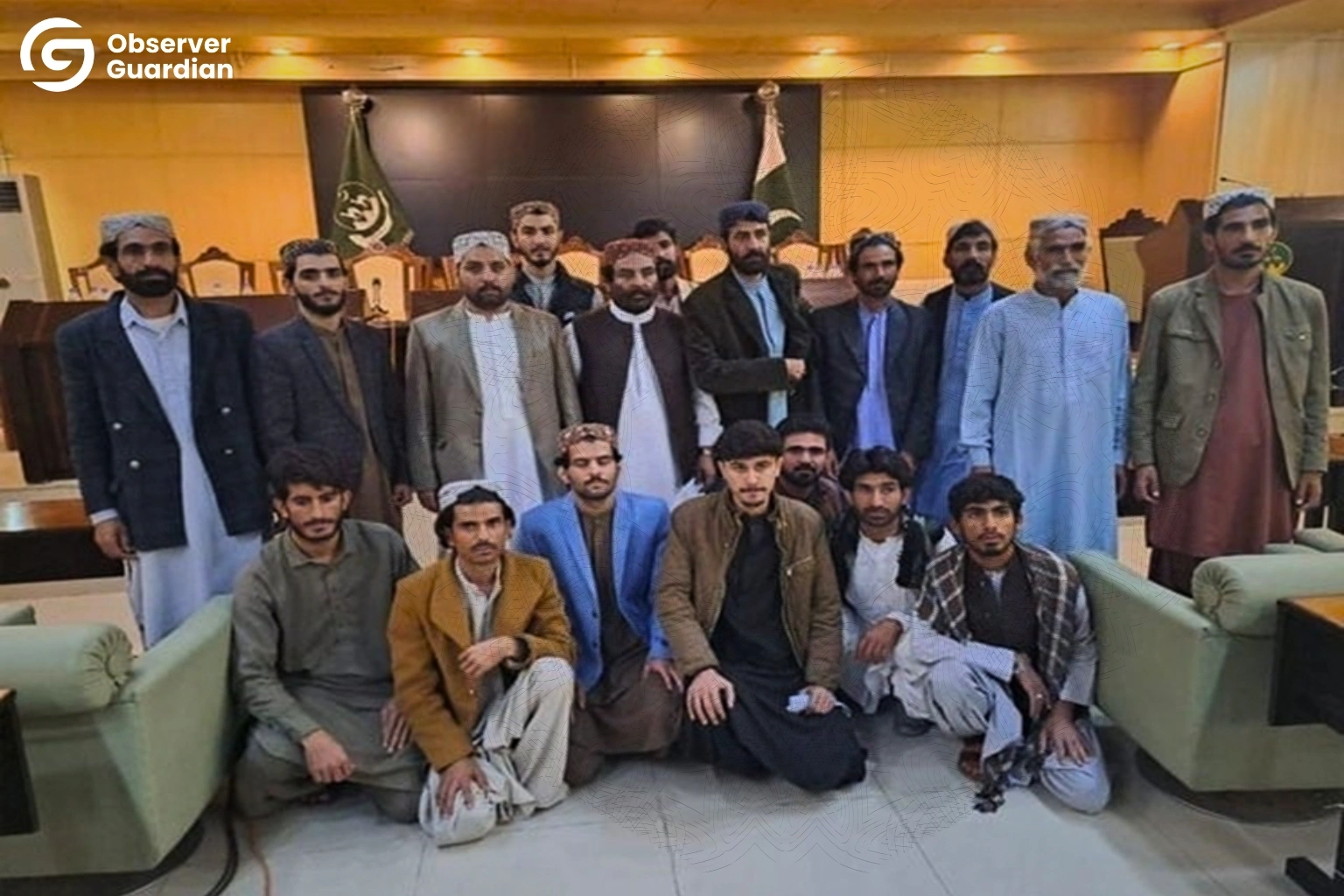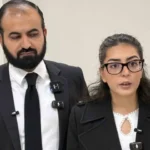It is not every day that a former militant leader sits in front of TV cameras and talks about what really goes on behind the scenes. When Sarfaraz Bangalzai, a onetime commander of the banned United Baloch Army, gave his televised interview, it caught people off guard. The conversation about terrorism and insurgency in Balochistan has always been messy, but this one hit differently.
A man who had lived that life was now calling it out on national television, and it reignited a long dormant debate about how propaganda keeps conflict alive.
The Soft Face of Militancy in Balochistan Using Emotion Over Arms
Bangalzai did not sound like someone reading a script. He spoke like a man who had seen too much, maybe even lost too much. He said the Baloch Yakjehti Committee (BYC), which often appears as a civil rights group, is the soft face of banned outfits like the BLA and BLF. In his view, it is not an independent movement but part of a broader network that repackages militancy into something more acceptable. Instead of weapons, it uses emotion. The “missing persons” issue, for example, is used to stir sympathy, recruit young people, and shape international opinion. Whether people agree with him or not, emotion has become a major part of modern activism in Balochistan.
The shift from mountains to media did not happen by accident. Over time, militant groups realized they could achieve more through images, videos, and hashtags than through firefights. Social media turned into their new battlefield. So, the point is no need to control territory when one can control the narrative. Bangalzai’s claim is that this change was deliberate, not organic. He said it is part of a strategy to make the movement look like a moral cause rather than a violent one.
BNM Recruiting Asylum Seekers for Anti-Pakistan Campaigns Backed by India
Then he moved on to something that made people uncomfortable. He accused Dr. Naseem Baloch and the Baloch National Movement (BNM) of recruiting asylum seekers across Europe to run anti Pakistan campaigns. According to him, many of these individuals use asylum systems as cover for coordinated propaganda. It is a serious claim, and one that is hard to verify without solid evidence. But there is a pattern here that is worth discussing political exiles who continue their struggles abroad, often blurring the line between activism and manipulation. Bangalzai argued that these efforts are backed and funded by India’s RAW, which, again, is not a new allegation but one that has been repeated often enough to at least deserve scrutiny.
He also named media outlets like The Balochistan Post, Sangar, and Zrumbash, describing them as online propaganda arms that spread anti-state narratives and glorify militancy. If these platforms are analysed, they tend to focus heavily on the state’s missteps while staying quiet about militant violence. That does not automatically prove they are part of a conspiracy, but it does raise questions about bias and motive.

One of the parts that stuck with me was when Bangalzai talked about weapons coming from Afghanistan. According to him, insurgents still get arms through cross-border smuggling routes and safe havens. It is something many security analysts have said before but hearing it from someone who was once involved in that network gives it extra weight. He argued that better border control is essential for long-term peace. It is not a new point, but it is still valid.
Then came the more personal parts. He talked about Dr. Mahrang Baloch, one of the most visible figures in the BYC. He claimed her father, Ghaffar Langove, was a BLA commander and that his grave still carries the group’s flag. He went further, saying Langove was killed during infighting among BLA factions, something that was supposedly confirmed by another activist, Mama Qadeer. If that is true, it is tragic. It also challenges the public story often told about him. Still, these are claims that need independent verification. Too many times, in Balochistan, rumour and truth get tangled up until no one can tell them apart.
Bangalzai also said that many of the so-called “missing persons” were not abducted by the state but killed by their own groups during internal rivalries. Later, their deaths were framed as enforced disappearances to build anti-state narratives. It is a disturbing idea, but one that matches stories heard from families who never got straight answers about how their loved ones disappeared. Again, it is hard to know where the full truth lies, but it reminds us how painful and complex this issue really is.
He did not spare his former comrades either. He accused Dr. Allah Nazar, one of the most prominent militant leaders, of betraying his followers by living comfortably after vowing never to leave Pakistan. It sounded like a personal disappointment, not just a political jab. Bangalzai said many of the young men who joined the cause did so out of emotion, not ideology, and ended up being used by people who never shared their sacrifices. That is a story you hear often from ex-militants that the leaders move abroad, while the foot soldiers are left behind to die or disappear.
Toward the end, his tone shifted. He appealed to parents, teachers, and policymakers to protect young people from digital radicalization. He said most of them are not born with hate, they are drawn in by emotion, stories of injustice, and the feeling that no one else is listening. He urged the government to focus on rehabilitation and reintegration programs, giving former militants a real chance to start over. It is a simple point but an important one.
Peace is not just about defeating an enemy: it is about giving people a reason not to fight in the first place.
What makes this interview stand out is not just the accusations. It is the unease it creates. For years, discussions about Balochistan have swung between two extremes the state’s narrative about terrorism and the activists’ narrative about oppression. The story of Bangalzai complicates both. If even part of what he says is true, then both sides have used propaganda to shape the story to their advantage.

Some people think the whole thing was a staged confession, maybe even orchestrated by the state. That is possible. But that does not mean everything he said is false. Sometimes propaganda carries fragments of truth, and ignoring those fragments does not make them disappear. The real challenge is whether anyone in Pakistan is ready to have an honest conversation about how both militants and the state have used narrative warfare to keep the conflict alive.
If the interview becomes just another round of finger pointing, then nothing changes. But if it pushes people to ask tougher questions about how emotions are manipulated, how information is weaponized, and how easily good causes can be hijacked, then maybe it served a purpose. Balochistan does not need more slogans. It needs truth, empathy, and the courage to look at the mess without picking sides.
⚠ Disclaimer
The views and opinions expressed in this article are exclusively those of the author and do not reflect the official stance, policies, or perspectives of the Platform.







